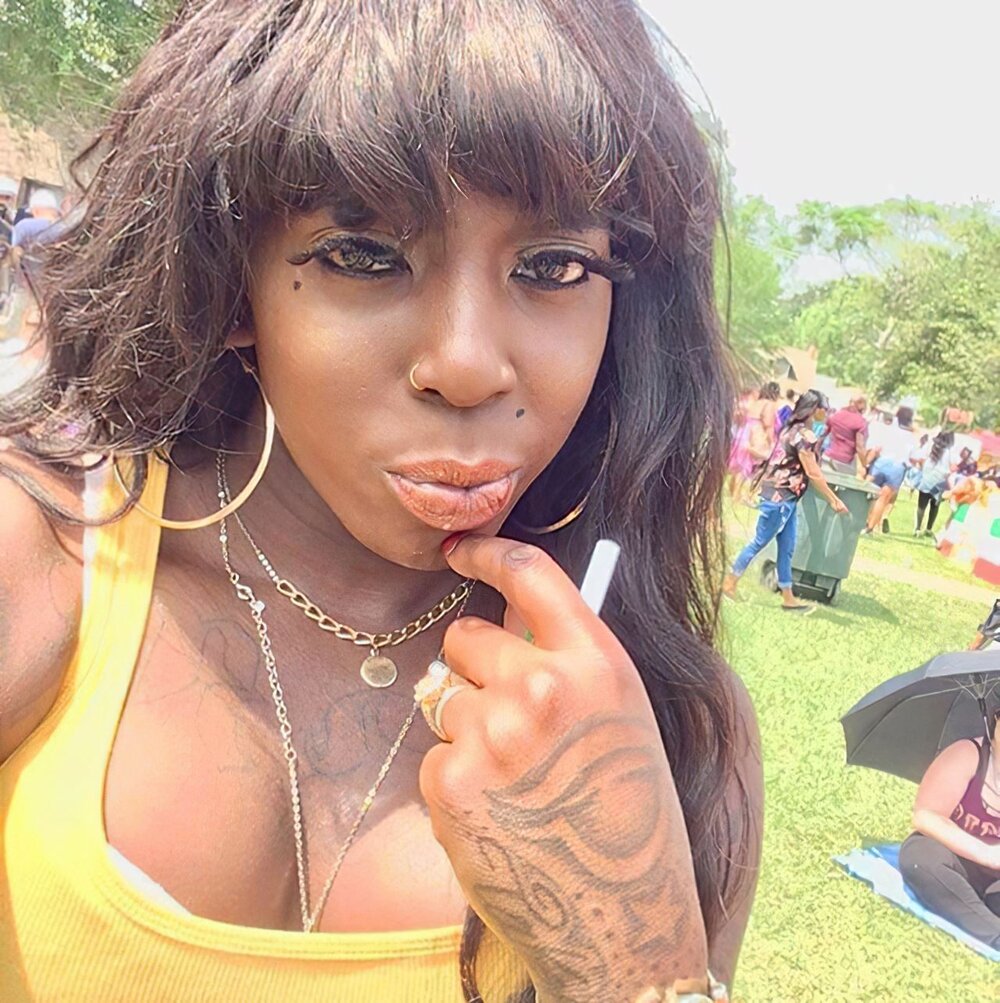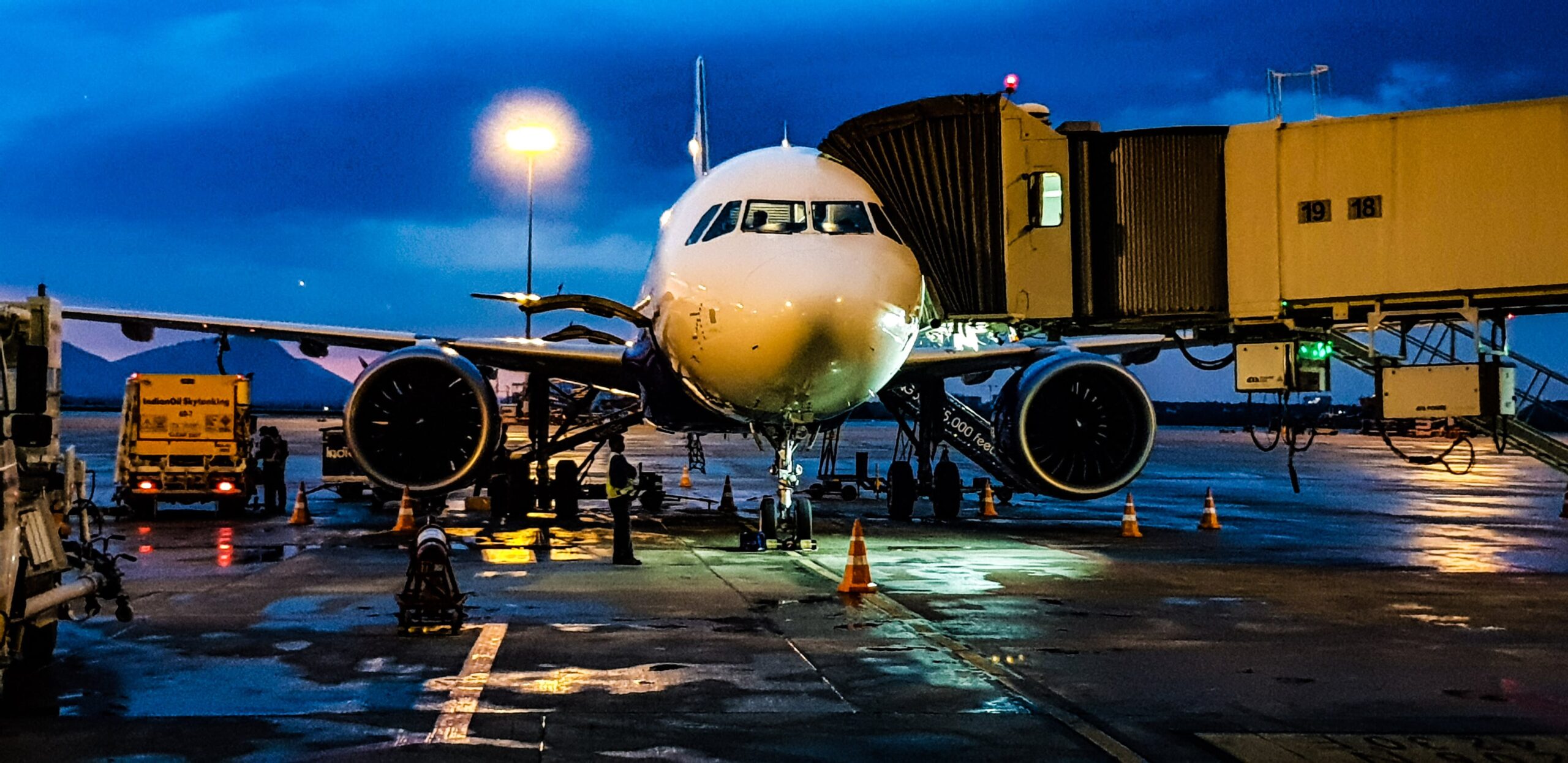December 1 is recognized as World AIDS Day, which serves as an “opportunity for people worldwide to unite in the fight against HIV, to show support for people living with HIV, and to commemorate those who have died from an AIDS-related illness.” While these are efforts should be honored and continued every year, 2020, in particular, has served as a reminder of the reality the queer community has been subjected to since the rise of the HIV/AIDS epidemic due to its resemblance to the ongoing COVID-19 pandemic.
Founded in 1988 by the National AIDS Trust, the date became the first-ever global health day. A monumental mark that is tragically fit for one of the largest pandemics humanity has faced in recent history; more than 35 million people have died of HIV or AIDS since 1984. The after-effects of these passings cannot be measured, but neither can the stigma and anti-LGBT sentiment the pandemic created.
If you are a sexually active queer person, chances are that you have experienced an HIV scare once in your life. What makes HIV scares so terrifying are no longer solely tied to the potential health effects that contracting HIV might have on your body; modern medicine available worldwide means people with HIV today can live full, healthy lives, including active sex lives which, with the proper medication, will prevent them from transmitting HIV to their partners. However, the stigma surrounding HIV/AIDS remains and it is the very reason HIV rates have begun rising in recent years within queer youth of color. Today, 1 out of every 2 Black men who have sex with men (MSM) as well as 1 out of every 4 Latinx MSM are projected to be diagnosed with HIV in their lifetime.
The discrimination against HIV-positive individuals lies anywhere from dating app judgments to migration proceedings that complicate employment opportunities for people who are positive. Because of the marginalization that awaits POC queer people if their test comes back positive, many prefer not to get tested. This in turn can lead to many being unaware of their status and spreading it to sexual partners. The most direct way to combat this issue is by increasing testing within queer POC communities and tackle the stigma head on.
We cannot focus our efforts solely on asking queer POC folks to “Know Their Status” without understanding the barriers that stand in their way. Although essentially all governments’ COVID-19 health efforts benefit from the knowledge they were left with following the height of the AIDS epidemic, little has been done in the past year to continue fighting against the ongoing HIV epidemic worldwide. HIV testing has become increasingly more difficult as a result of the COVID-19 pandemic, an issue which international governments and health efforts once more have spoken little about.
While national efforts surrounding HIV awareness efforts in marginalized communities may remain out of our direct control, there is much we can do on an individual level in order to honor World AIDS Day. Beyond donating to the day’s official fund, we can continue on conversations aiming to normalize living with HIV and remind one another to Know Our Status, Undetectable = Unstransmittable, and Silence = Death.





